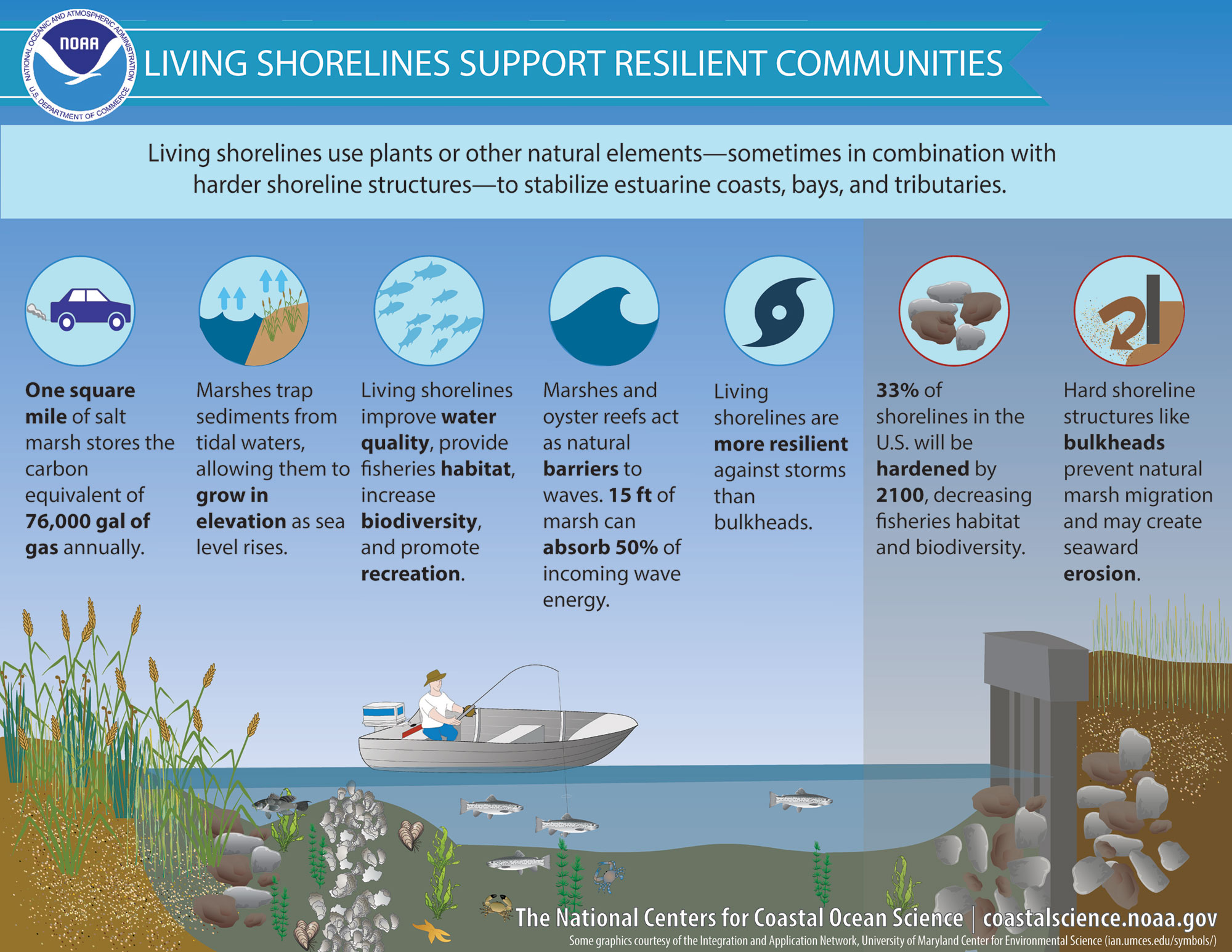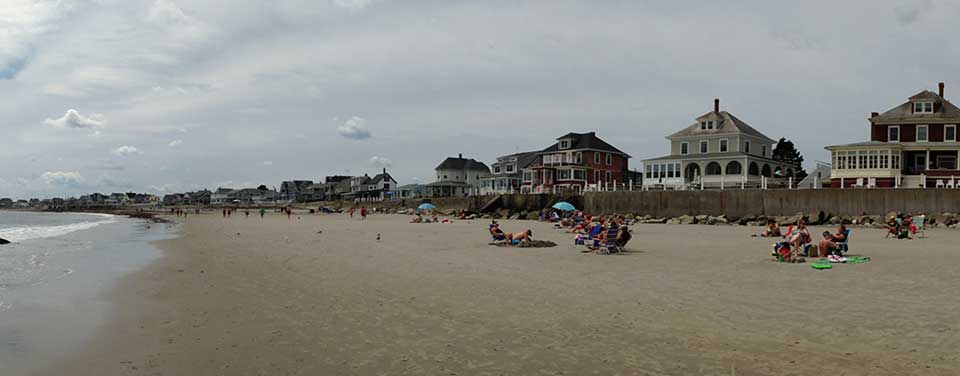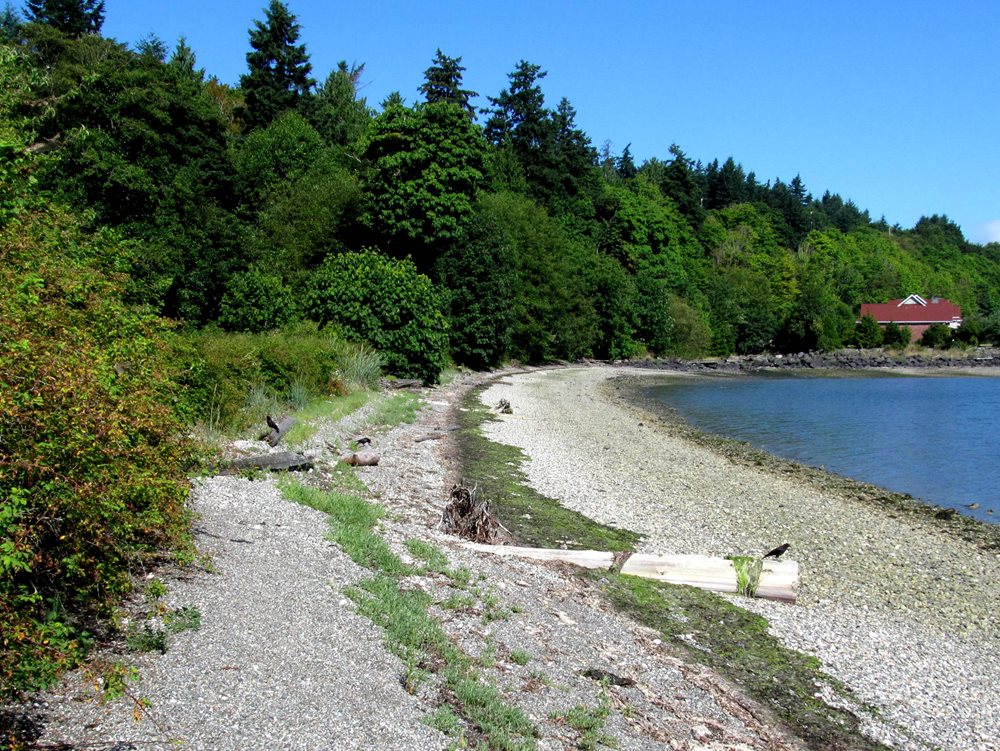The 3-Minute Rule for Shore Protect Team
Table of ContentsIndicators on Shore Protect Team You Should KnowThe Ultimate Guide To Shore Protect TeamThe smart Trick of Shore Protect Team That Nobody is Talking AboutThe Ultimate Guide To Shore Protect TeamThe Shore Protect Team Statements8 Easy Facts About Shore Protect Team DescribedThe Buzz on Shore Protect Team
Decline in property worth: As the location tourism is affected by disintegration, so then is the economy. Customers are much less likely to look for a beach residence that might be ruined at any type of minute by the approaching flooding and disintegration emergency situation. Consequently, building worth can go down exceptionally and affect the entire region.Whether a beach is just tiny and crowded or needs to close completely for the security of the community and nearby buildings, this significantly influences tourist. In turn, neighborhood economic situations are affected (http://listingzz.com/directory/listingdisplay.aspx?lid=116953). Risk of injury: The increased risk of flooding and structural failures creates an enhanced risk of injury to neighboring vacationers and community participants

Shoreline stablizing is directly associated to their task. Waterfront hotels: Since coastline erosion influences tourism, it influences the success of beachfront hotels.
The smart Trick of Shore Protect Team That Nobody is Talking About
This at some point leads to closures and deserted beachfront buildings. Coastal commercial organizations: No visitors indicates no business. For those businesses accommodating residents, their residential or commercial property goes to danger of damage from erosion and flooding. Coastal state parks: State parks that exist along coastlines are at threat of damage. Not just to the manmade frameworks and buildings on website, but additionally to the all-natural ecological communities that exist within.
Soft stabilization is a much far better service for the environment and more sustainable overall. Hard stabilization makes use of man-made structures as defense to manage erosion. Generally, these structures are set up at best angles or alongside stop sand activity and reduce the pressure of waves. Most types of tough stabilization like seawalls and sheet steel are not suitable for coastline stabilization.
Shore Protect Team - The Facts
There's also insufficient proof of their effectiveness depending on the sort of shoreline and local problems. Tough stabilization techniques tend to be extra tough to install and do not match the all-natural aesthetic, standing out like an aching thumb and harming local communities in numerous situations. Beach nourishment is the procedure of including shed sand and debris back to beaches after disintegration has actually happened.
TrapBags help in the procedure of beach sustenance by protecting all-natural ecological communities and allowing plants to expand. They're: Ecologically friendly: You can utilize native dirt both to surround and to fill the TrapBags.

3 Simple Techniques For Shore Protect Team
Easy to install: Relieve of installment indicates TrapBags can be released swiftly in the occasion of an emergency situation. They can also be set up with no heavy machinery. Budget-friendly: TrapBags are suitable for both small and large locations of coastline. They supply a budget-friendly solution to cover tasks of any kind of dimension.
Incorporated with a high building price, this has actually resulted in increasing use of various other soft design seaside monitoring options such as beach replenishment. Seawalls are built from various materials, the majority of generally reinforced concrete, rocks, steel, or gabions. Other possible building and construction products include plastic, timber, light weight aluminum, fiberglass composite, and eco-friendly sandbags constructed from jute and coir. The suitable seawall layout relies upon location-specific elements, consisting of surrounding disintegration procedures. There are three major kinds of seawalls: vertical, curved, tipped, and piles (see table below). A record published by the United Nations Atmosphere Program (UNEP) suggests that the tsunami of 26 December 2004 caused less damages in the locations where all-natural obstacles were existing, such as mangroves, coral reefs or coastal plants.
Natural obstacles, such as reef and mangrove woodlands, stop the spread of tidal waves and the circulation of coastal waters and minimized the flooding and rise of water. A cost-benefit method is an effective way to determine whether a seawall is appropriate and whether the benefits are worth the cost.
Excitement About Shore Protect Team
A seawall is a fixed function which can contravene the dynamic nature of the coastline and restrain the exchange of sediment in between land and sea. The table below summarizes some favorable and adverse impacts of seawalls which can be used when comparing their effectiveness with various other seaside administration alternatives, such as beach nutrients. [] Benefits and disadvantages of seawalls according to Short (1999) Benefits Negative aspects Long-term service in comparison to soft beach nutrients.

This can trigger beaches to dissipate, making them useless for beach goers. Typically, seawalls can be an effective method to regulate seaside disintegration, but only if they are created well and out of materials that can hold up against the pressure of recurring wave energy.
The Only Guide for Shore Protect Team
Integrated with a high building cost, this has actually resulted in enhancing use of various other soft engineering seaside monitoring options such as coastline replenishment. Seawalls are created from numerous materials, the majority of typically reinforced concrete, boulders, steel, or gabions. Various other feasible building products include plastic, wood, aluminum, fiberglass composite, and naturally degradable sandbags constructed from hemp and coir. The ideal seawall layout depends on location-specific facets, including surrounding erosion processes. There are 3 primary types of seawalls: upright, rounded, tipped, and piles (see table below).
All-natural obstacles, such as coral reefs and mangrove woodlands, avoid the spread of tidal waves and the flow of seaside waters and minimized the flooding and rise of water. A cost-benefit technique is a reliable way to establish whether a seawall is appropriate and whether the advantages deserve the cost.
Shore Protect Team - Questions
A seawall is a static function which can clash with the vibrant nature of the coastline and hamper the exchange of sediment between land and sea. Advantages and downsides of seawalls according to Short (1999) Advantages Disadvantages Lengthy term service in contrast to soft coastline sustenance.

This can create coastlines to dissipate, rendering them pointless for coastline goers. Generally, seawalls can be a successful means to manage coastal disintegration, however just if they are created well and out of materials that can endure the pressure of continuous wave power.